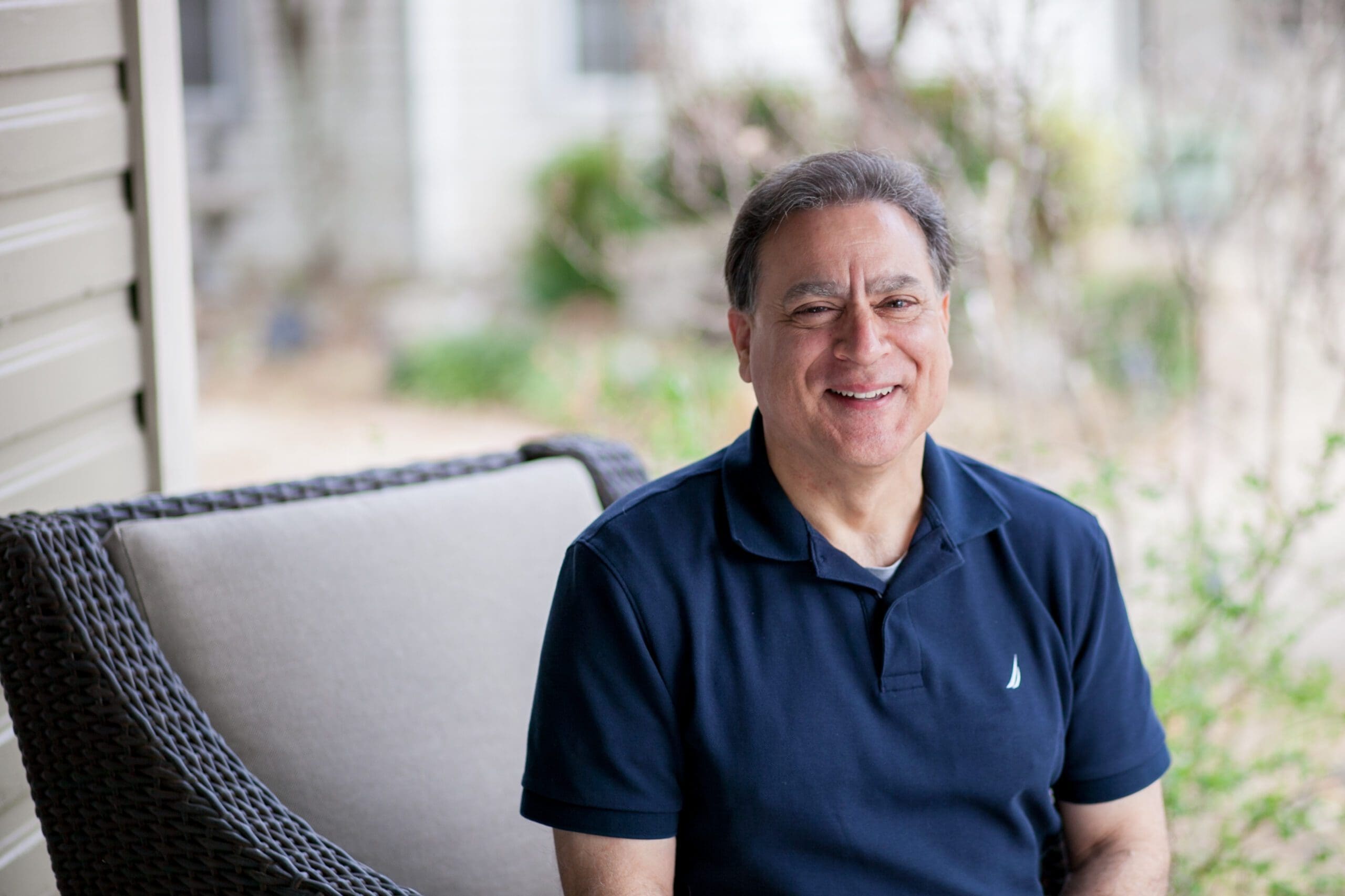We sometimes forget that all our activity—at home, work, church, and school—is to be done not on our own efforts but by God’s grace. And that is not merely a fine-sounding theological concept—it is practical and relevant to our day-to-day lives.
God graciously gives us grace for some things but not for everything; so, when we start adding activity after activity to our already overloaded schedules and suddenly find that life has become unmanageable, stressful, and thoroughly miserable, perhaps it is because we are trying to do more than the Lord is asking of us—more than He gives us grace to do.
All things are lawful, i.e., permissible, Paul says, but not all things are profitable, i.e., beneficial or advantageous.[1] We may think all our activities are important, and they probably are, but that does not mean we do all things at once. Of course, it is also true that what we think is very important, even a priority—may not be that important at all. We really do need to periodically reexamine our motives for doing what we do.
Let’s see: your son is at a college prep school, so that means classes are difficult and the course load can be intense. He is also trying to play a select sport, which will mean long drives to practices and away-games and coming back late at night—sometimes very late if you join the others at a restaurant afterwards. Who would want to miss that? Then, there are all those church commitments on Sunday and Wednesdays. Your son also plays bass on the worship team, which requires several practices a month also, and on and on and on.
One is compelled to wonder why we tend to add activity to activity and then continue to question why we feel so miserable or why we are always getting sick or breaking down. Can we not say no because we fear we might be losing out on something? Is that an illusion or reality?
Oswald Chambers often talked about “the good that is not the best.” By that he meant, yes, there are a multitude of good things to see and do, but not all of them are the best thing to do right now. So many parents get caught in a performance trap where they mistakenly believe their son or daughter can and should do it all. It is not so. Watch that son or daughter’s anxiety level go sky high because of the pressure he or she feels from mom and dad to be perfect in everything. We must always try to give our students some space to breathe. Less is more. It really is!
Wisdom demands that we look at all we do and evaluate it constantly as to why we are doing it. We should ask of each thing, “Is this the best thing, or is it the good that is not the best”? Many times, it is that one extra thing we add to our already busy schedules that puts us over the top and ruins our joy in all the other things.
What is that “One Thing” for you? What is that activity that when you remove it from your schedule, will free up amazing amounts of time, give you plenty of margin for peace and quiet and reflection, and generally make you feel much better overall?
Let’s identify the “One Thing” that is overloading us and our children and probably our spouses as well and then summon the courage to eliminate it. Then, we can return to that blessed peace and rest that Jesus promised us.
___
[1] 1 Corinthians 10:23 Amplified

Mike Chrasta
In addition to having served as the Director of Ministry for NAUMS, Inc., Mike has been active in the University-Model® school community for nearly fifteen years. Mike served as a teacher and administrator at Lucas Christian Academy and where his three children (Joseph, Rebecca, Rosie) have attended. Mike has more than twenty-five years’ teaching experience, holds three graduate degrees (M.A., English; M.A., Public Policy, and a PhD. (Arts and Humanities-History of Ideas), and is a certified Texas Master Naturalist.



Comments are closed